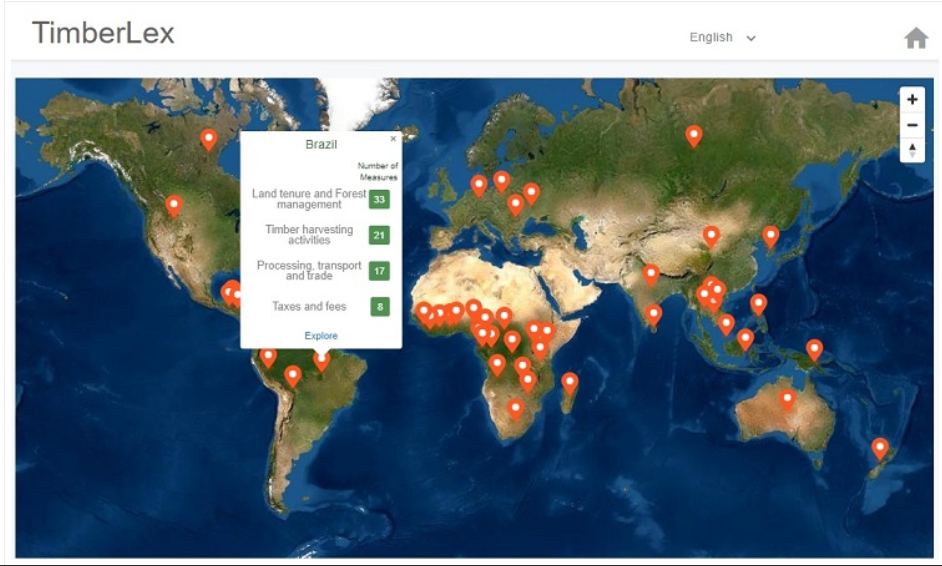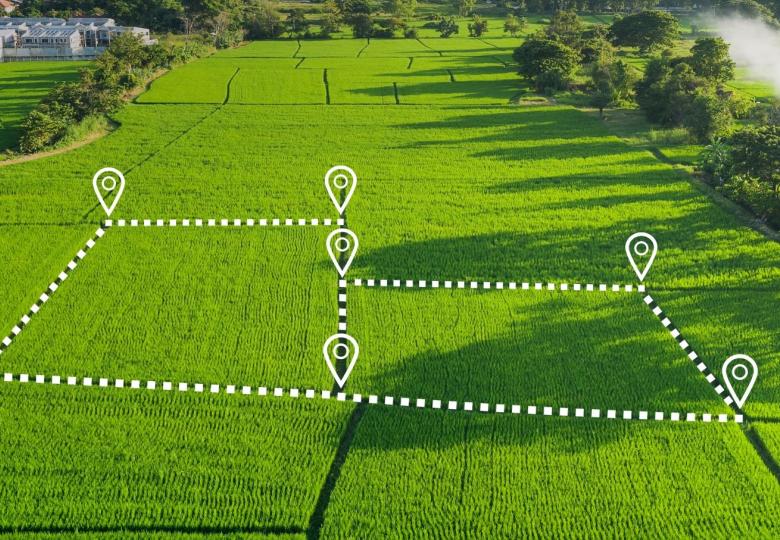Supporting FAO in developing their online portal TimberLex
Preferred by Nature was contracted by FAO to support the development of 24 country profiles. This database will benefit a variety of stakeholders, such as legislators, policy makers, law enforcement officers, private sectors, and civil society.
Illegal logging undermines sustainable forest management and impairs poverty alleviation, food security and climate change mitigation. Over the past 15 years, several timber producing and importing countries have scaled up their efforts to combat illegal logging and to improve the legality of timber production and trade.

The Japanese government took a major initiative to foster greater timber legality around the world, by providing financial support to Food and Agriculture Organization of the United Nations (FAO) to implement a two-year project entitled “Enhancing knowledge and capacity around forest-related legislation and timber legality”. This project aimed to increase access and understanding of national legal frameworks governing forest management and timber production and trade.
The TimberLex database is established as an open online resource to provide access to accurate, up-to-date and user-friendly legal information on forest management, timber production and trade from major timber-trading countries across regions. The purpose of TimberLex is to enable more effective law enforcement and facilitating national and international trade in legal timber, thus contributing to the reduction of illegal logging and halting deforestation.
The TimberLex country profiles are built around a set of 31 Guiding Legal Elements (GLEs) for timber legality, divided in clusters encompassing critical stages of the timber value chain. These are:
1. Land tenure and forest management
2. Timber harvesting activities
3. Processing, transport and trade
4. Taxes and fees
Developing 24 Country Profiles
Country profiles consist of a description of the country’s existing legal and regulatory instruments related to forest management, timber production and trade, and include thematic sections corresponding to the GLEs with verbatim citations of relevant legal texts and summaries of the applicable regulatory framework. Preferred by Nature was contracted by FAO to support the development of 24 country profiles: Equatorial Guinea, Gabon, Ghana, DRC, Ivory Coast, Republic of Congo, Guatemala, Honduras, Bolivia, Peru, Australia, Canada, USA, India, Indonesia, Malaysia, Lao, Vietnam, Papua New Guinea, Japan, Ukraine, Poland, Romania, and Russia.

This database will benefit a variety of stakeholders, such as legislators, policy makers, law enforcement officers, private sectors, and civil society, and provides a new resource contributing to the global efforts to increase legal and sustainable production, management and trade in forest products.

Sustainable Management of Small Forest Properties for Resilient Forests in Europe (SMURF)
Europe's forests, crucial for their ecological and economic value, face mounting threats. Climate change fuels extreme weather eve...

Innovation Alliance for Training Programmes for Deforestation-Free Supply Chains in Europe (EMM...
Deforestation is the primarily result of the expansion of agricultural land for forest risk commodities (FRCs) such as cattle, woo...

FAO Geolocation collection and communication protocol
In an effort to combat deforestation and promote tools which enhance global monitoring and supply chain traceability, Preferred by...

Preferred by Nature conducts mid-term evaluation for Sabah Landscapes Programme, Malaysia
Forests are intrinsic to the balance of life in Sabah, Malaysia. However, decades of irresponsible logging and clearance for oil p...
